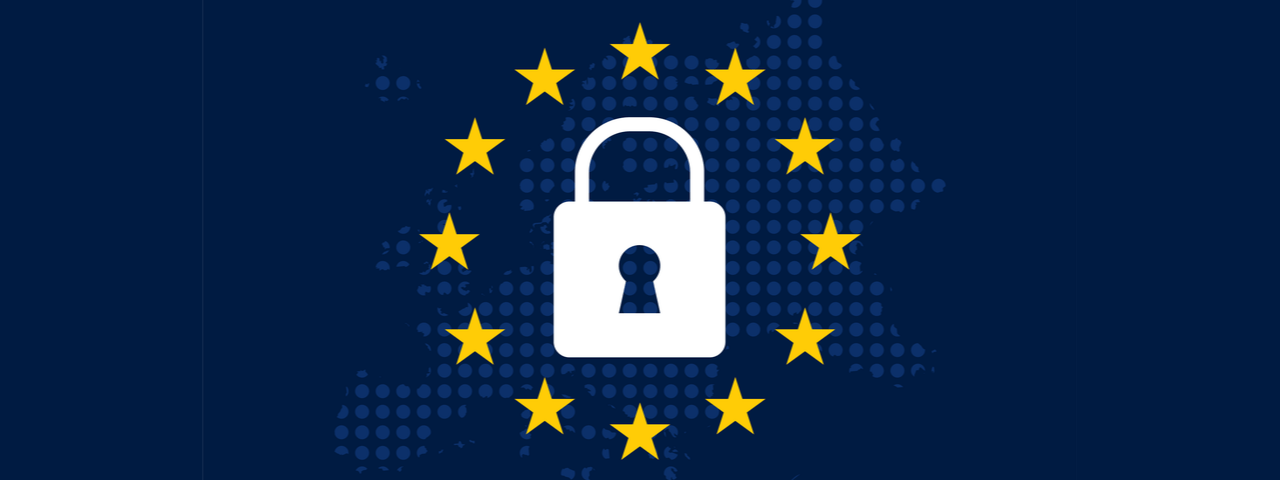Turns out you’re not your future-brother-in-law’s keeper—at least if you work in the securities industry. Former Citigroup health care investment banker Maher Kara passed on certain insider information to his brother, Mounir, who in turn passed on the information to their sister’s future husband, Bassan Salman.
Clarifying a somewhat unsettled area of the law with dueling appellate interpretations, the Supreme Court in Salman v. United States upheld the ruling of the United States Court of Appeals for the Ninth Circuit, which asserted that Salman was properly convicted of insider trading because the tipper personally benefited from making a gift of confidential information to a trading relative.
Under the court’s reasoning, a gift of information is held to be identical to the insider himself making the trade and then providing the proceeds of his act as a gift.
Interestingly, insider trading is not explicitly prohibited by any specific federal statute. Rather, it’s a patchwork of legal opinions and SEC regulations. The Salman decision comes less than two years after the United States Court of Appeals for the Second Circuit ruled in US v. Newman et. al. that the defendants were improperly convicted due to faulty jury instructions.
The interplay of enterprise information and legal requirements is a tricky one. The legislative process is deliberately meant to move slowly (which, in the case of insider information, has posed a point of frustration for judges who believe that insider trading rules ought to be explicitly legislated). Technology is meant to move quickly, and late adopters are often left behind in the race for profits. But with each emergent technology (emails→instant messages→social media→???), the legal system has demanded that companies take responsibility for the new data created almost overnight.
That’s what makes it so crucial to have a single system of record for corporate information. This is the only way to strike the balance between taking advantage of nascent technology while making sure the corporation meets its (daily-increasing) legal obligations: go ahead and buy Super-Duper-Collaboration-Communication (Beta), but make sure there’s a place you can go to easily find its output, because a legal adversary or regulator may ask you to do so in short order.
Related Posts
Additional Resources
The Social Component of ESG
With People Analytics, you can capture the human created data that will answer the Social component of ESG....
Harness Microsoft Teams Data for Governance and Compliance
Microsoft Teams and other collaboration platforms present a unique challenge for those tasked with governing it. The platform is an…...
Addressing Microsoft Teams Compliance
Microsoft Teams adoption has skyrocketed with over 145 million daily users in April 2021. While the platform has enhanced the…...


